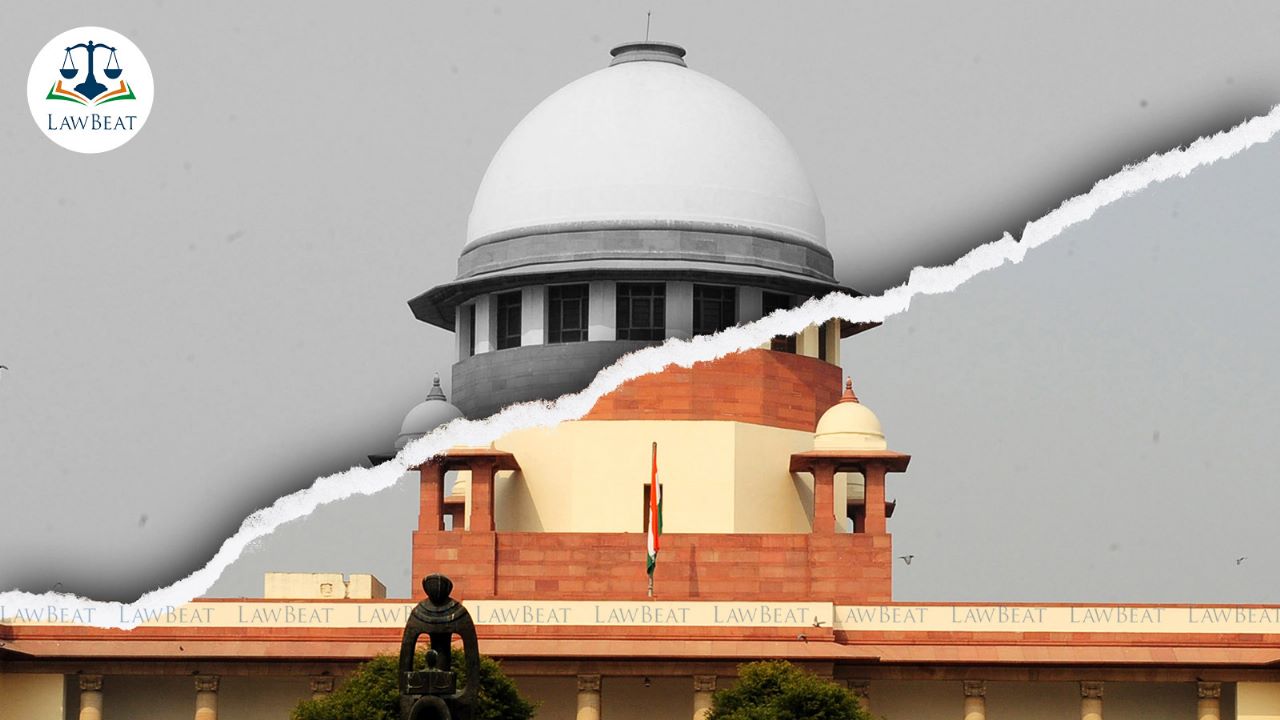Supreme Court seeks Law Ministry's response in plea to fill up to 50% HC vacancies from Judicial Officers

The intervention application filed before the Supreme Court in the All India Judges Association case stated that the first choice for elevation as a high court judge ought to be from the judicial officers.
The Supreme Court on Tuesday sought the Law Ministry's response in a plea seeking directions to High Courts across the country to fill up to 50% of its vacancies from service judges if a vacancy from the Bar Quota has been lying vacant for more than 6 months.
An Intervention application with the said prayer had been filed in the All India Judges Association case.
The said IA further sought appropriate directions to the High Courts to fill the vacancies from the Judicial Services Quota as expeditiously as possible.
Notably, it has also been sought to ensure that the ratio of quota of judges from the Service Judges/Bench remains the same in any given High Court at least to 1/3rd of the total vacancies in that High Court, irrespective of transfer to or from such a High Court.
Notice was issued by a bench of Justices BR Gavai and Vikram Nath after the matter was mentioned by Senior Advocate Rakesh Khanna, who appeared for the applicants, namely, Judicial Service Association of Delhi.
The application relied on Article 217 (2) of the Constitution of India, and submitted,
"It is necessary and expedient in the interest of justice that the applicant be permitted to intervene in order to pray for an increase in the ratio of appointments to High Courts from amongst Judicial Officers to 50% or one-half of the judges' strength of the concerned High Court instead of the current one-third quota and to maintain the one-third quota intact till the disposal of the present application."
Relying on Article 217 (2) which stipulates two sources for elevation as Judges of the High Court, the first source being a person who has held a judicial office for at least 10 years in the territory of India, and the second source being a person who has, for at least ten years, been an advocate of a high court or of two or more such courts in succession, the plea added,
"These two sources are independent and separate. For a person to be eligible for appointment as a High Court judge, he or she must meet the qualifications prescribed in either clause (a) or clause (b) of Article 217 (2)...It may further be noted that in the Constitution, no ratio or quota is mentioned about the intake of Hon'ble High Court judges from the bar or service. Since Article 217 (2) does not prescribe any proportion for appointments vis-a-vis categories A and B. The fact that the category of judicial officers is placed prior to the category from the bar shows that the framers of the Constitution have treated both equally while placing more emphasis and responsibility on persons who have held judicial offices."
The IA added that if the current ratio of 1/3 of the Judicial Officers' Quota for elevation to the high court, is increased to 1/2 (50:50), there would be a significant improvement in terms of disposal of the cases as well as quality of judgments and the same would further leave no room for any criticism regarding any lack of experience for holding an esteemed post of a high court judge, as the judges from the District Judiciary, when elevated to a High Court, already possess a minimum judicial experience of at least 10 years as a judge.
Case Title: Judicial Service Association of Delhi vs. UOI
